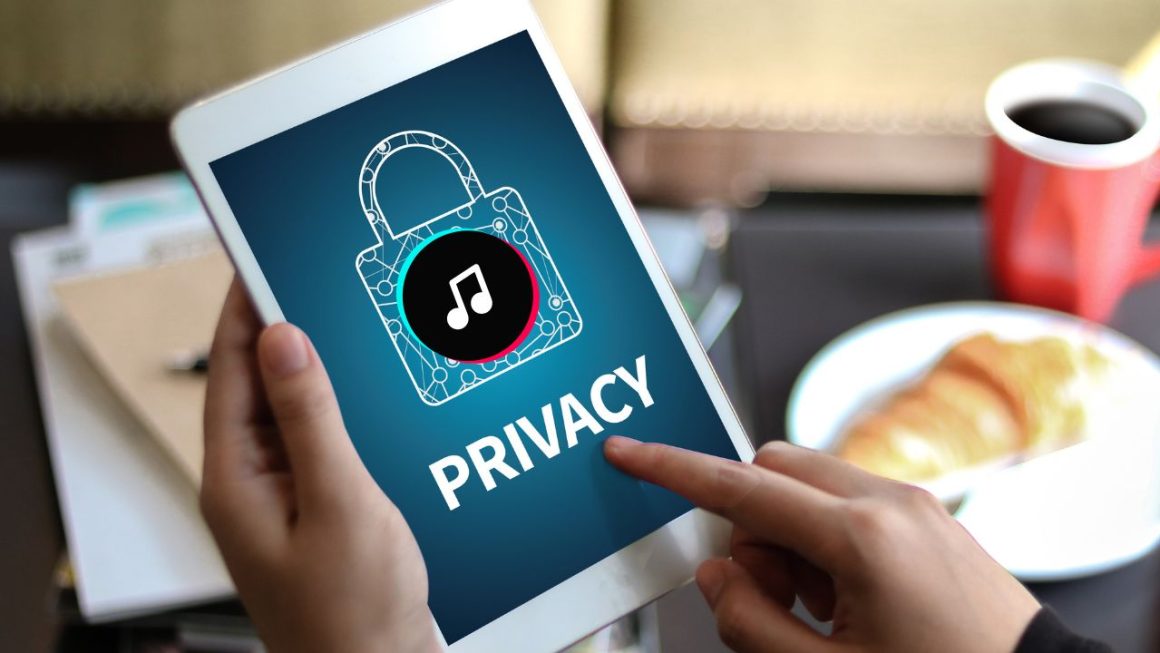Bluetooth technology has become an integral part of our daily lives, facilitating wireless communication between devices over short distances. From connecting our smartphones to wireless headphones to syncing fitness trackers with our computers, Bluetooth has revolutionized the way we interact with technology. In this article, we’ll delve into the intricacies of Bluetooth, exploring its history, functionality, applications, advantages, and disadvantages.
Introduction to Bluetooth
Bluetooth is a wireless technology standard that enables the exchange of data between devices over short distances using radio waves. It was developed in the late 1990s by a consortium of technology companies aiming to create a universal wireless communication protocol.
History of Bluetooth
The term “Bluetooth” originated from Harald Bluetooth, a Danish king known for uniting various Danish tribes. The technology’s name symbolizes its capability to unite different devices. The first Bluetooth specification, Bluetooth 1.0, was released in 1999, offering basic data transfer capabilities.
How Bluetooth Works
Bluetooth operates within the industrial, scientific, and medical (ISM) radio bands to establish connections between devices. It uses a technique called frequency-hopping spread spectrum (FHSS), where it rapidly switches frequencies within a particular range to avoid interference from other wireless devices.
Bluetooth Versions and Specifications
Over the years, Bluetooth technology has evolved through various versions, each offering improvements in speed, range, and energy efficiency. These versions include Bluetooth 1.x, Bluetooth 2.x, Bluetooth 3.x, Bluetooth 4.x, and the latest standard, Bluetooth 5.x.
Applications of Bluetooth Technology
Bluetooth technology finds applications in a wide range of devices and industries. From consumer electronics to healthcare and automotive sectors, Bluetooth enables seamless connectivity and data transfer.
Advantages of Bluetooth
One of the key advantages of Bluetooth is its convenience. It eliminates the need for cumbersome cables, allowing for easy and hassle-free connections between devices. Additionally, Bluetooth technology is energy-efficient, prolonging the battery life of devices.
Disadvantages of Bluetooth
Despite its numerous benefits, Bluetooth has some limitations. Its range is relatively short, typically around 10 meters, making it unsuitable for long-distance communication. Interference from other wireless devices and security concerns are also significant drawbacks.
Future of Bluetooth
As technology continues to advance, so does Bluetooth. The latest versions, such as Bluetooth 5.x, offer enhanced features like increased range, higher data transfer speeds, and improved reliability. With the emergence of the Internet of Things (IoT), Bluetooth is poised to play a crucial role in connecting smart devices.
Conclusion
In conclusion, Bluetooth technology has transformed the way we connect and communicate with our devices. From its humble beginnings to its current ubiquitous presence, Bluetooth continues to evolve, offering new possibilities for wireless connectivity. As we look towards the future, Bluetooth is expected to remain a vital component of our increasingly interconnected world.
Unique FAQs
Is Bluetooth the same as Wi-Fi?
● While both Bluetooth and Wi-Fi are wireless communication technologies, they serve different purposes. Bluetooth is primarily used for short-range communication between devices, while Wi-Fi is designed for high-speed internet access over longer distances.
Can Bluetooth be hacked?
● Like any wireless technology, Bluetooth is susceptible to hacking if proper security measures are not implemented. However, with the use of
encryption and authentication protocols, the risk of Bluetooth hacking can be mitigated.
What is the maximum range of Bluetooth?
● The maximum range of Bluetooth varies depending on the version and environment. In ideal conditions, Bluetooth devices can communicate over distances of up to 100 meters, but obstacles such as walls and
interference can reduce this range.
Is Bluetooth harmful to health?
● Bluetooth technology operates within the same radio frequency spectrum as many other wireless devices, such as cell phones and Wi-Fi routers. While there have been concerns raised about the potential health effects of prolonged exposure to radio waves, current research suggests that Bluetooth devices pose minimal risk to health.
Can I use Bluetooth underwater?
● Bluetooth signals are not effective underwater as water significantly attenuates radio waves. Therefore, Bluetooth communication is not suitable for underwater applications such as swimming or diving.



